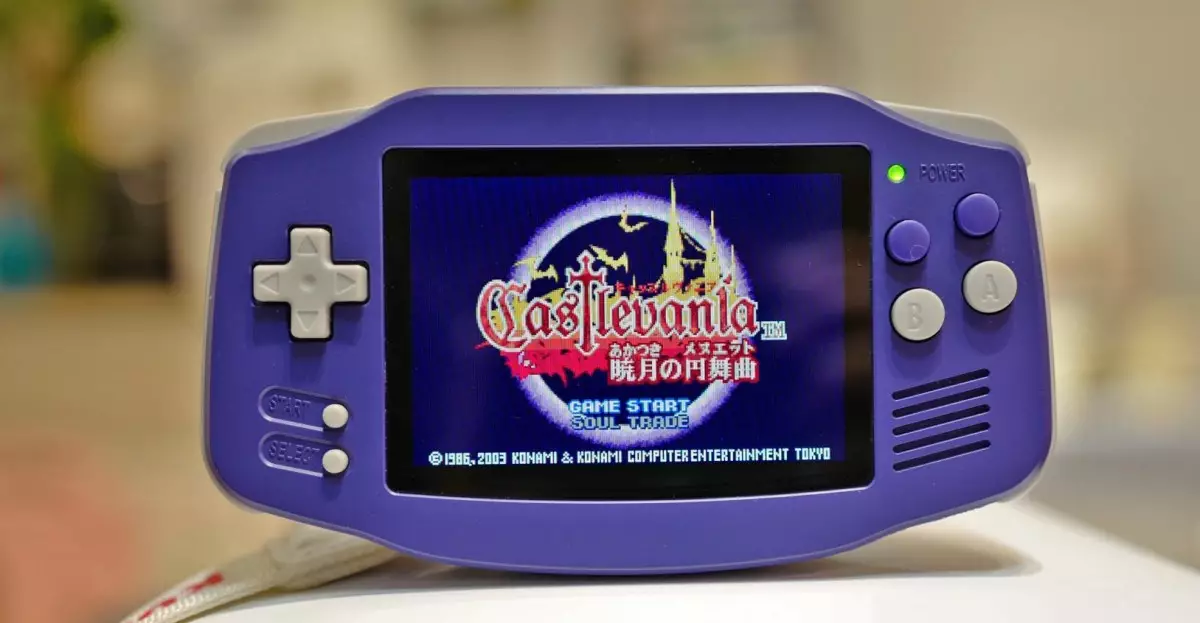In the world of gaming, particularly within the realm of nostalgic handheld consoles, Anbernic is a name that has gained significant traction. Known for their remarkably affordable Game Boy clones, this Chinese company has made strides in offering retro gaming to a new generation at prices that are hard to beat. However, the recent threats of substantial tariffs by the Trump administration pose a serious challenge to these economical treasures. As the looming specter of a 245 percent tariff raises its ugly head, Anbernic’s decision to halt shipments to the United States reflects a ripple effect that could alter the gaming landscape.
This predicament sheds light on a broader issue regarding international trade and the increasing tensions between the U.S. and China. While tariffs are often positioned as protective measures aimed at promoting domestic industries, they can inadvertently stifle innovation and accessibility in niche markets like gaming. Anbernic’s products, typically priced around $70, allow consumers to indulge in retro gaming without breaking the bank. However, with proposed duties that could inflate prices dramatically, we find ourselves at a critical juncture in video game history.
Consumer Choices Under Pressure
Anbernic’s recent announcement—informing customers that it will be suspending all shipments from China—highlights the complex navigation of buying behavior in a climate of uncertainty. Initially, the company provided U.S.-based options that mitigated the potential for high customs duties, allowing consumers to select from different warehouses during checkout. The ability to drop-ship directly from China had provided an initial cost advantage for U.S. buyers, but now seems to operate under a shroud of caution. The company implores customers to prioritize U.S. stock to sidestep tariff implications, but the core appeal of affordability may soon dissolve, leaving loyal fans with limited options.
Moreover, Anbernic is not alone. Other companies, like RetroTINK, are grappling with similar uncertainties prompted by tariff policies. By suspending shipments, they are signaling a warning to consumers and industry enthusiasts alike. The collective actions of these companies illustrate a broader hesitation in the market where the implications of tariffs could foster a sense of bleak anticipation rather than excitement about new products.
The Economic Duality: Supporting Local vs. Embracing Affordability
Supporters of tariffs often position them as necessary measures to invigorate the American manufacturing sector. Undoubtedly, the pursuit of local production has its merits. However, when the consequence of those strategies translates to increased consumer costs and limited choices, the theory falters. Anbernic’s affordable gaming devices are a testament to globalized manufacturing efficiencies that allow consumers access to low-cost options without compromising on quality. Ironically, while the intent might be to fortify local business, the practical outcome could decimate competition from smaller enterprises that offer unique products—like Anbernic.
This economic duality presents a complex dilemma: Should consumers sacrifice affordability for the sake of local production? Or should we embrace global companies that allow for diversity in gaming? The reality is that these federal policies can lead to a less competitive market that ultimately restricts choices that many gamers hold dear. With Anbernic’s clones allowing players to experience nostalgic gameplay without an exorbitant price tag, the elimination of their devices from the market would create a vacuum that mainstream consoles may not fill.
A Final Bit of Nostalgia: The Promise of Affordable Gaming
As we navigate these challenging waters, the potential fallout for retro gaming enthusiasts remains significant. The temporary suspension of shipments could be just the beginning of a painful transition for Anbernic and other similar companies. While current inventory may still be available through third-party retailers like Amazon, the potential for inflated prices in the wake of tariffs looms large. For many gamers, holding onto the charm of retro consoles is not merely a nostalgic journey—it is a fundamental part of gaming culture.
In a world where both economic policies and panels shape the dynamics of tech and gaming, the fate of affordable gaming hangs in the balance. Anbernic’s story is emblematic of the growing struggles that accompany the pursuit of low-cost consumer goods amidst evolving international relations. It prompts a crucial examination of what we value in our play experiences and how much we are willing to sacrifice—or fight for—to maintain access to those loves.

